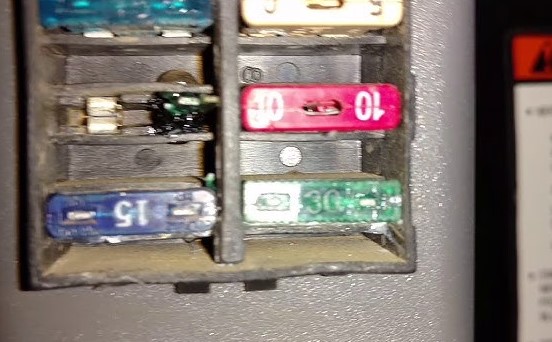Having New Holland Tractor Electrical Problems can be a daunting task. Thankfully, there are tips and strategies available to diagnose and fix these issues quickly and efficiently. With the help of this guide, you will be able to understand the causes of New Holland Tractor Electrical Problems and take action to resolve them.
Diagnosing and Fixing New Holland Tractor Electrical Problems
Having New Holland Tractor Electrical Problems can be a source of frustration. With the right information and guidance, however, it is possible to identify and resolve these issues quickly and efficiently. This guide will provide an overview of the common causes of electrical issues in New Holland tractors and provide actionable steps to help you troubleshoot and repair them. From diagnosing the issue to finding the right parts, this guide will provide the knowledge you need to get your tractor running smoothly.
Power Supply Problems
The power supply is one of the most common sources of New Holland Tractor Electrical Problems. This can include things like a weak battery, corroded terminals, or loose wiring. If the power supply is not working properly, the tractor may not start or run properly.
Sensor Issues
New Holland Tractor Electrical Problems can also be caused by faulty sensors. This includes the fuel pressure sensor, the spark plug sensor, and the oil pressure sensor. If any of these sensors are malfunctioning, the tractor may not start or run correctly.
Faulty Wiring
Faulty wiring is another common cause of New Holland Tractor Electrical Problems. This can include loose or disconnected wires, short circuits, and damaged connectors. All of these can cause the tractor to not start or run properly.
Faulty Alternator
The alternator is responsible for converting the engine's power into electrical energy. If the alternator is malfunctioning, it can cause New Holland Tractor Electrical Problems. This can include stalling, weak performance, and erratic operation.
Key Takeaways for Diagnosing and Fixing New Holland Tractor Electrical Problems
- Familiarize yourself with the common causes of electrical issues in New Holland tractors, such as weak batteries, corroded terminals, faulty sensors, faulty wiring, and faulty alternators.
- Check the power supply for any issues, including loose wiring, corroded terminals, and weak batteries.
- Inspect the sensors, spark plug sensor, fuel pressure sensor, and oil pressure sensor to ensure that they are functioning correctly.
- Check the wiring for any loose connections or damaged connectors.
- Examine the alternator to ensure that it is functioning properly.
- Replace any faulty parts and ensure that all connections are secure.
Take Control of New Holland Tractor Electrical Problems
It is essential to be proactive when it comes to diagnosing and fixing New Holland Tractor Electrical Problems. By understanding the common causes of electrical issues, such as weak batteries, faulty sensors, corroded terminals, faulty wiring, and faulty alternators, you can take the necessary steps to identify and address the issue quickly and efficiently.
Inspecting the power supply, sensors, wiring, and alternator are all key steps in diagnosing and fixing New Holland Tractor Electrical Problems. If any of these components are malfunctioning, they should be replaced immediately. Additionally, it is essential to ensure that all connections are secure, as loose connections and damaged connectors can cause the tractor to not start or run properly.
By following these steps, you can take control of New Holland Tractor Electrical Problems and ensure that your tractor is running optimally. With the help of experienced mechanics and the right parts, you can get your tractor up and running in no time.
